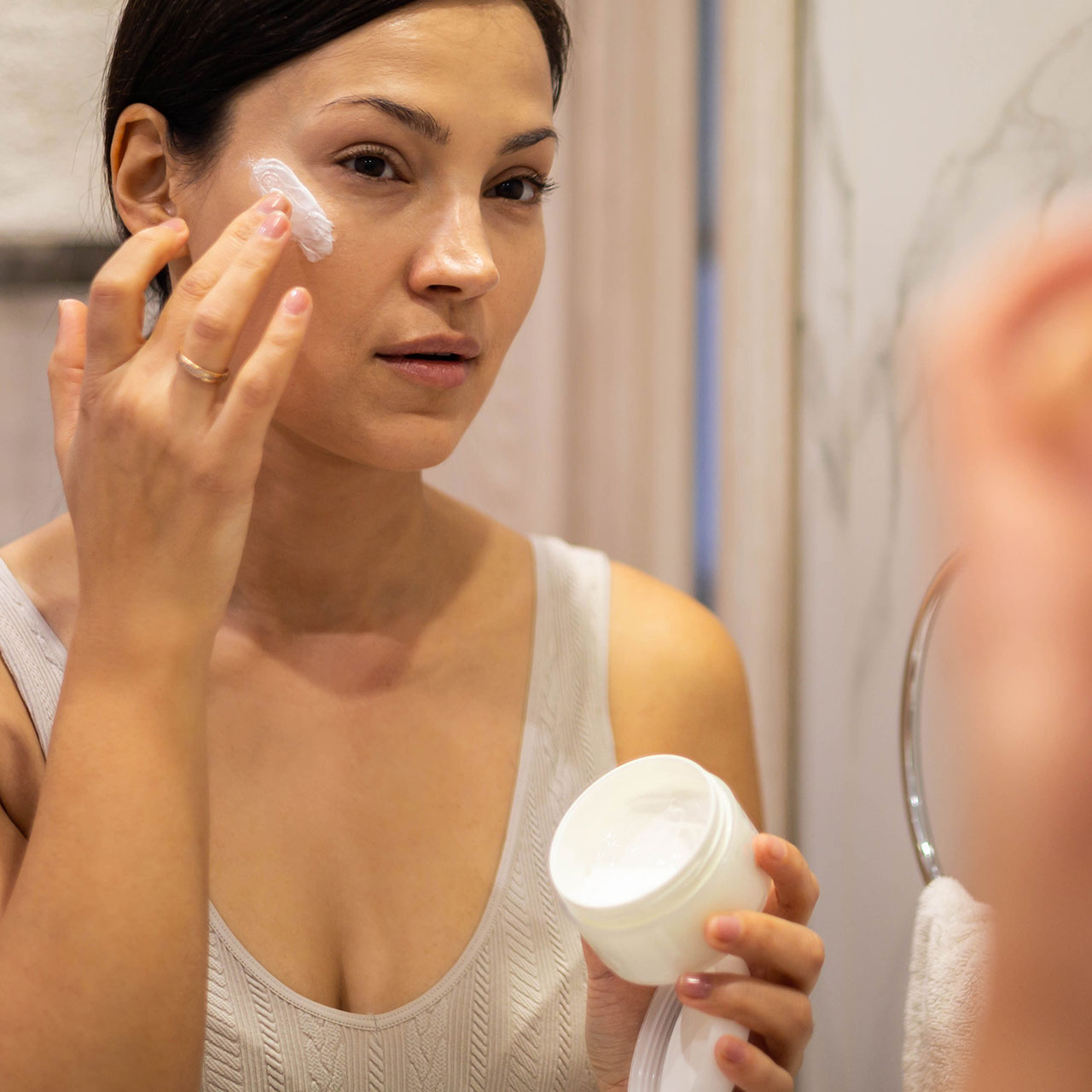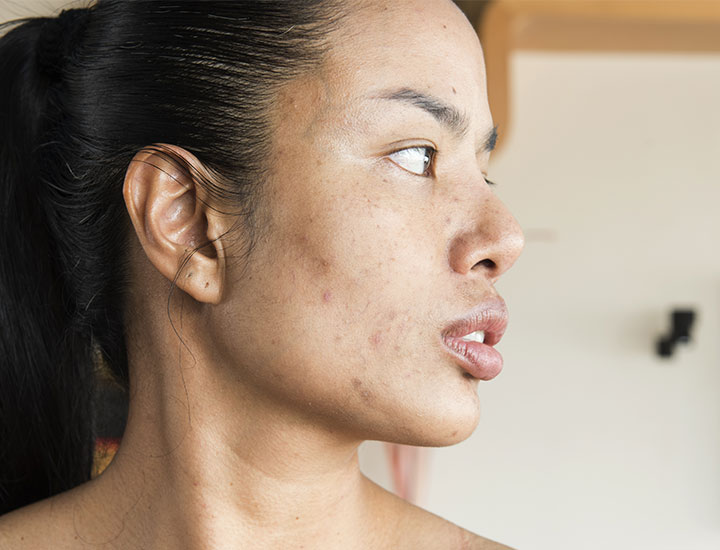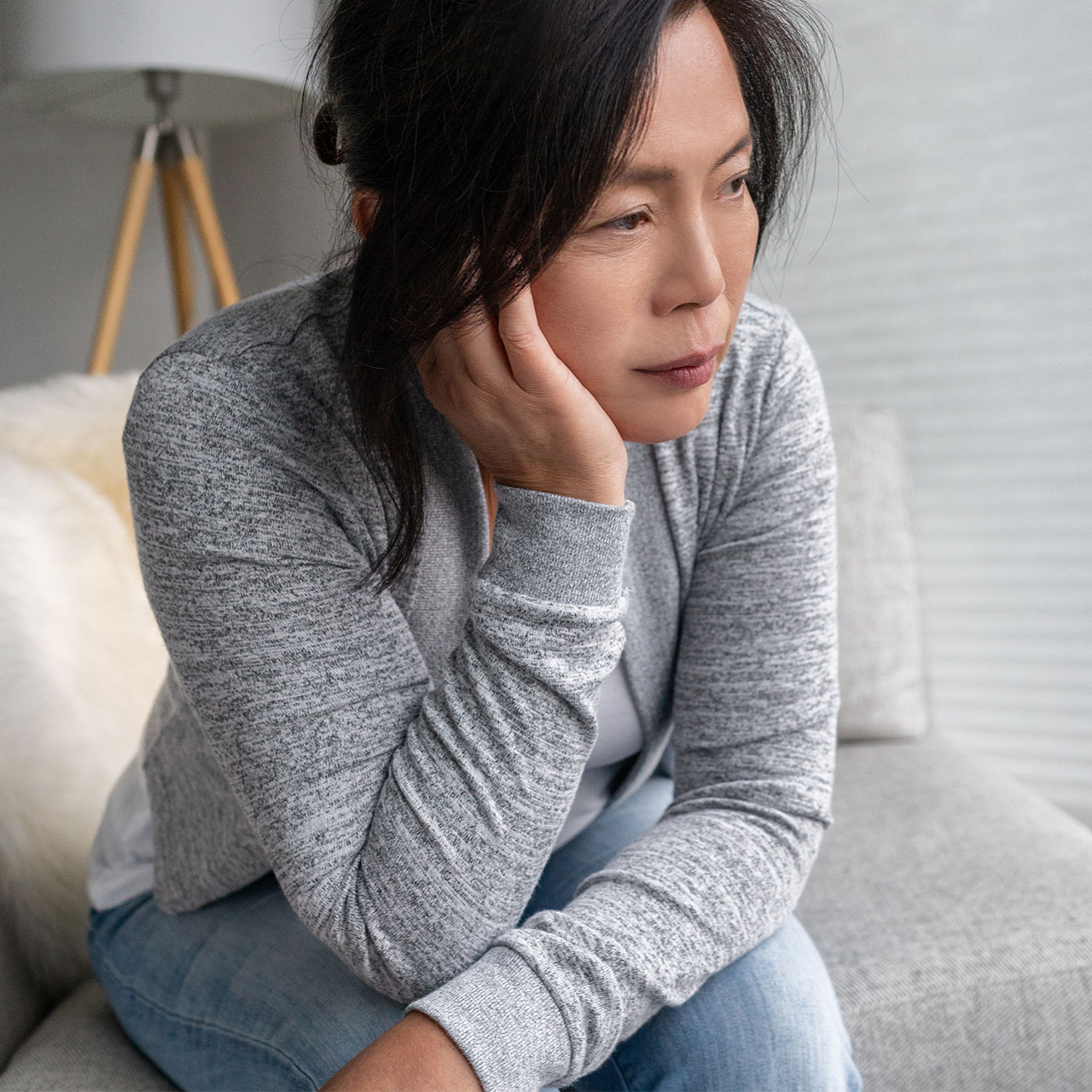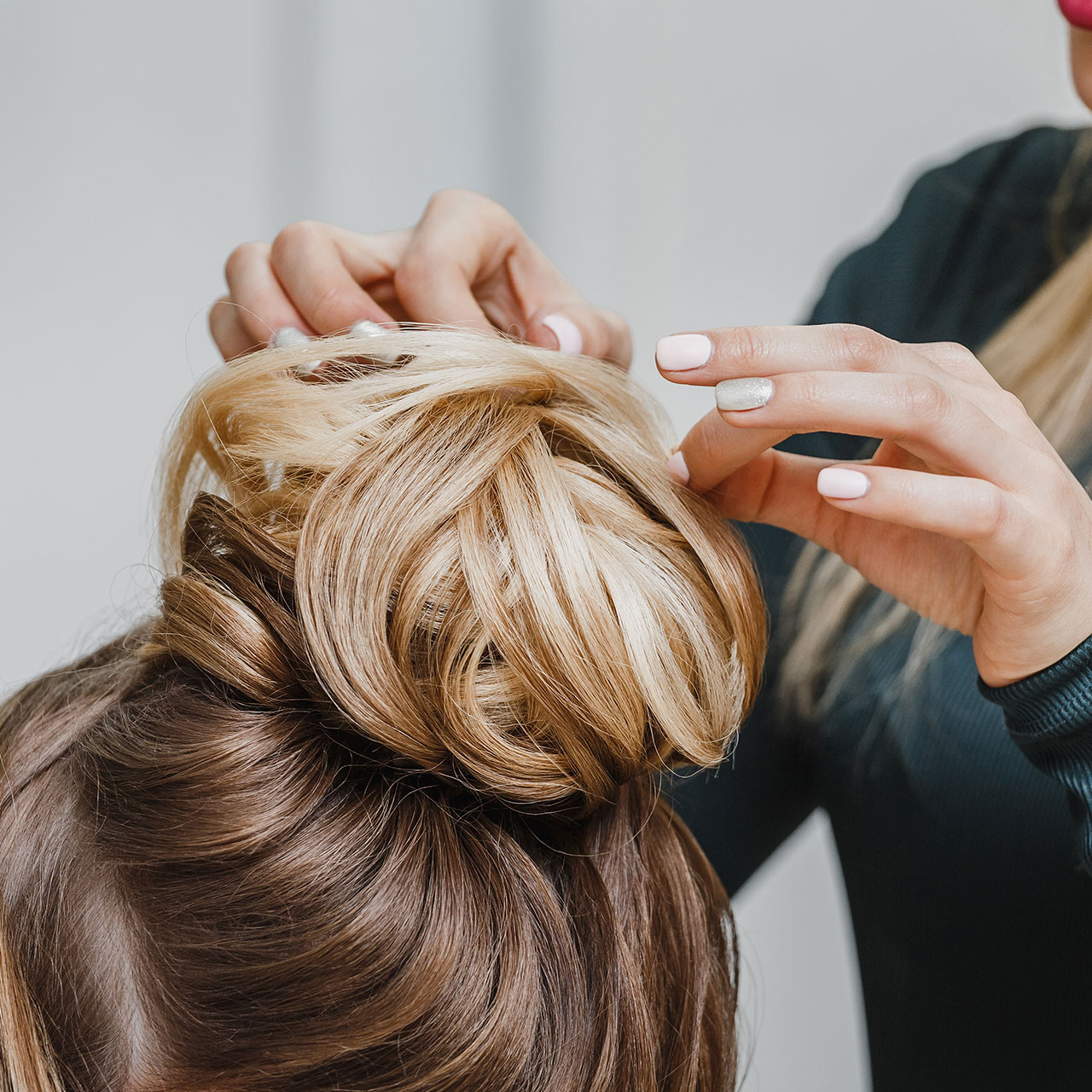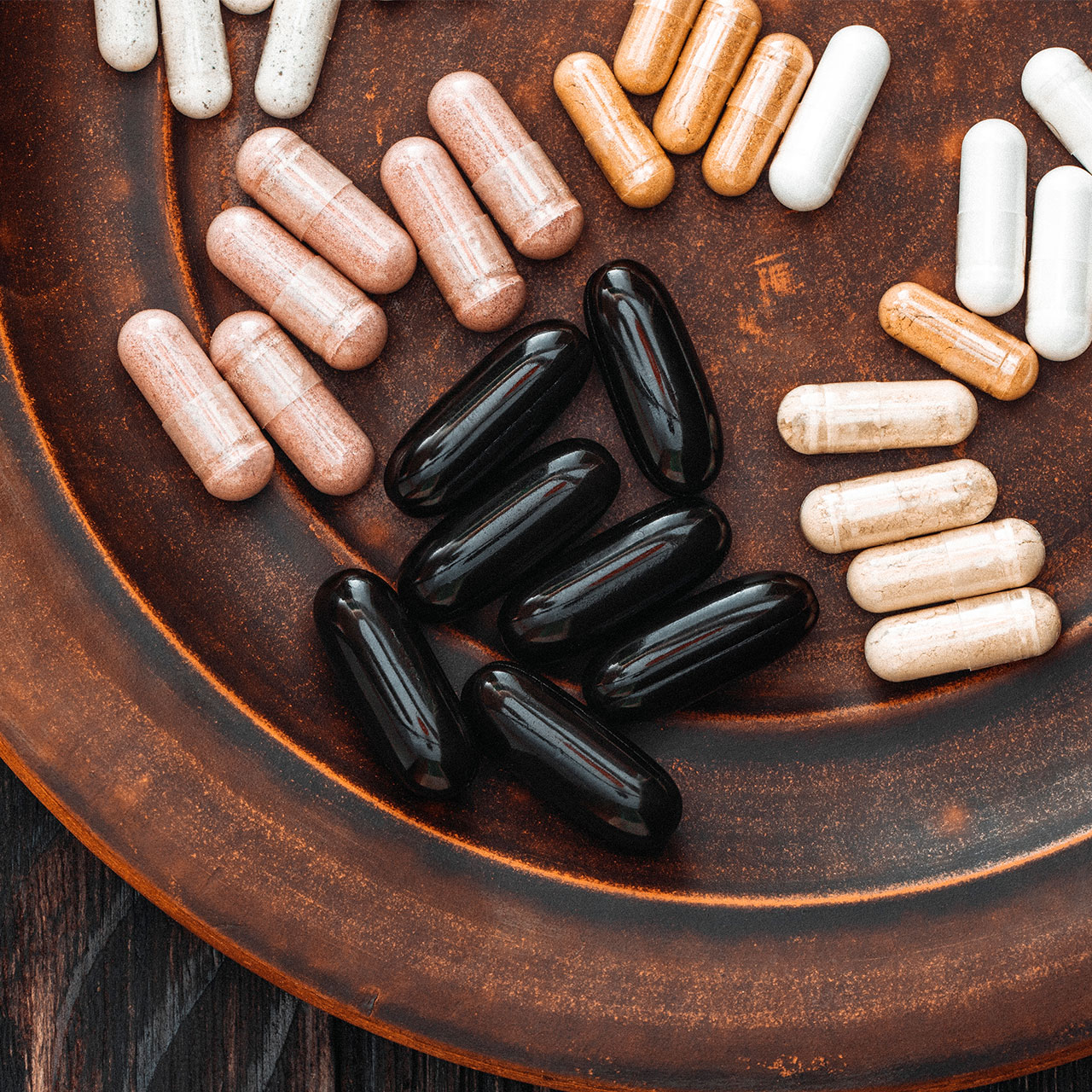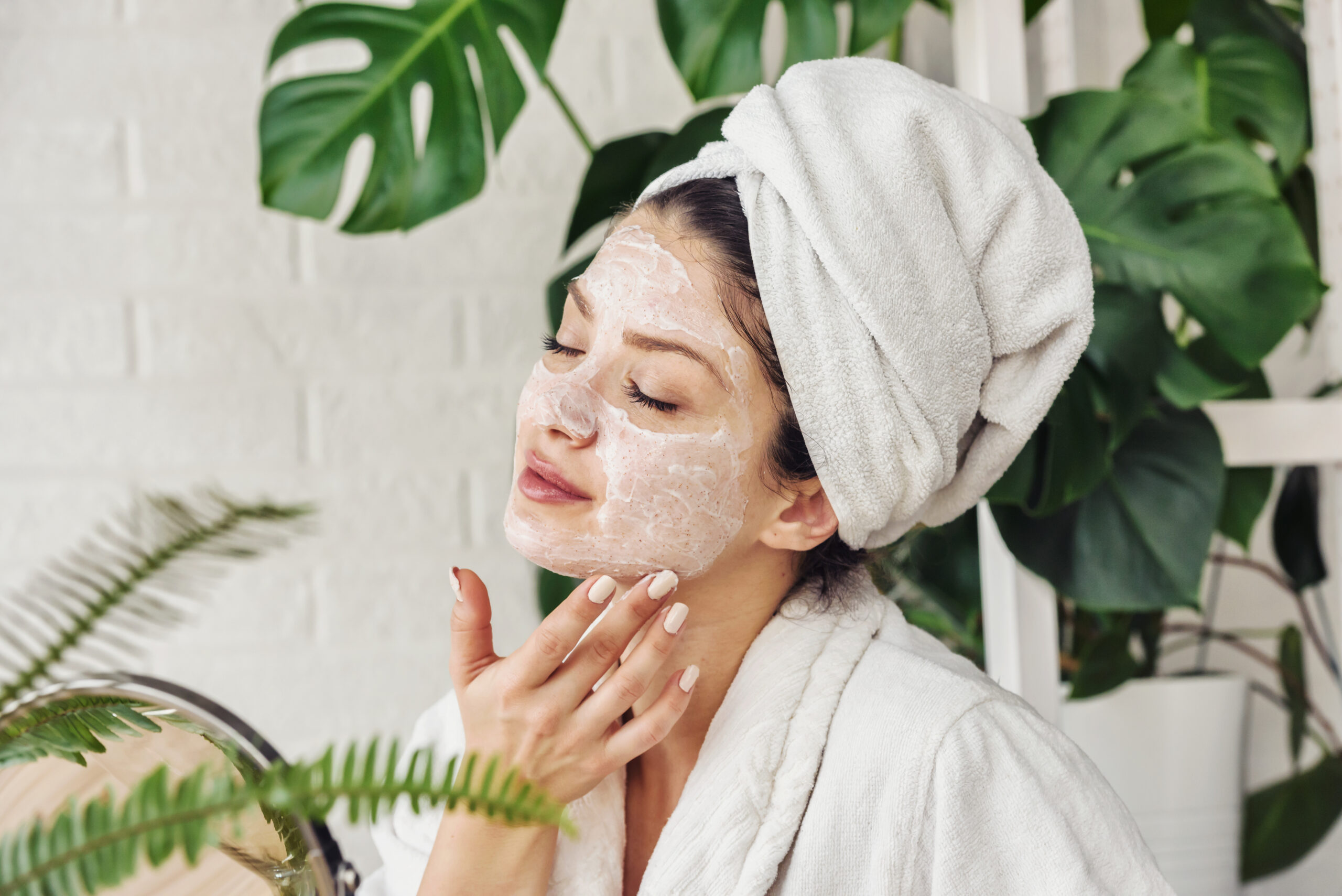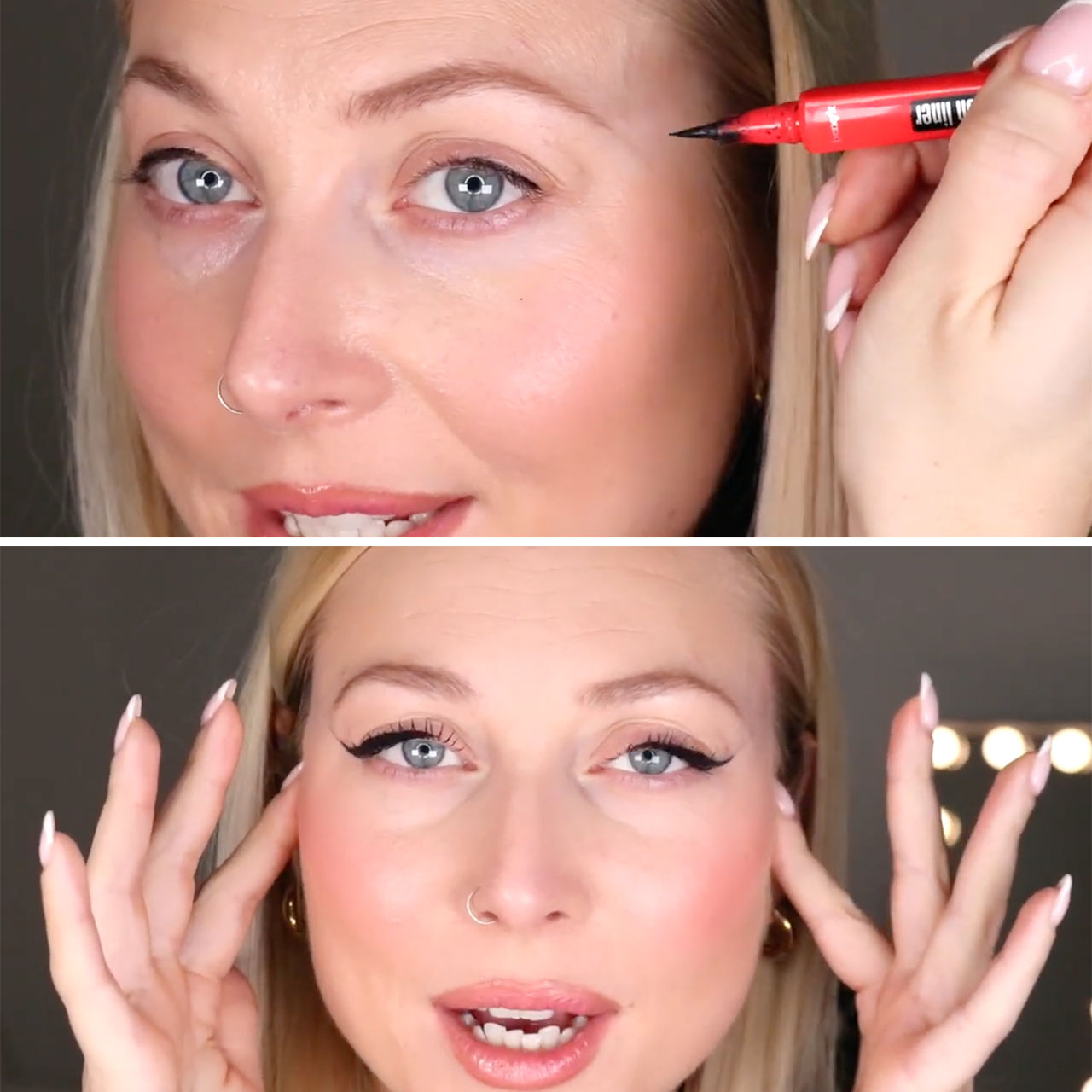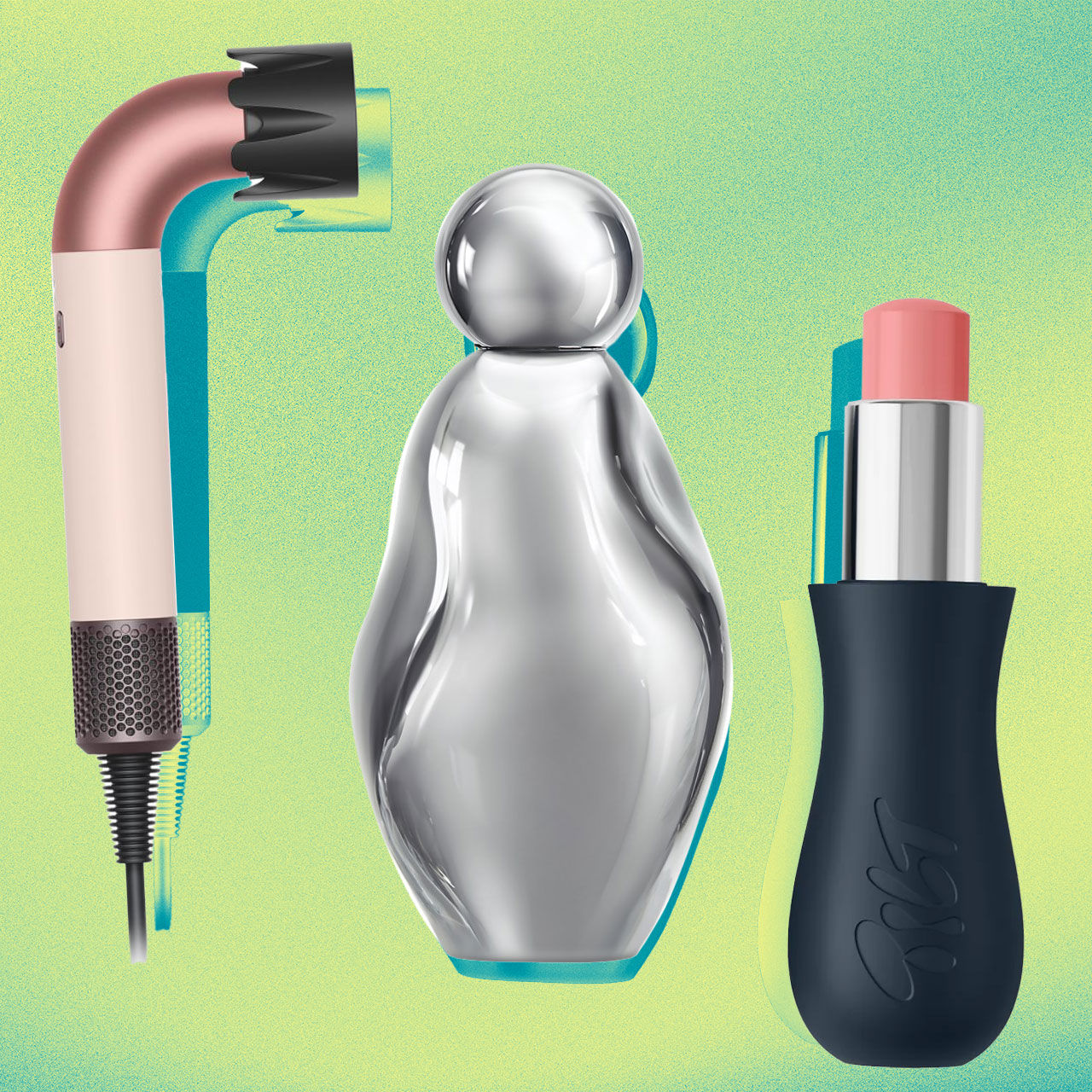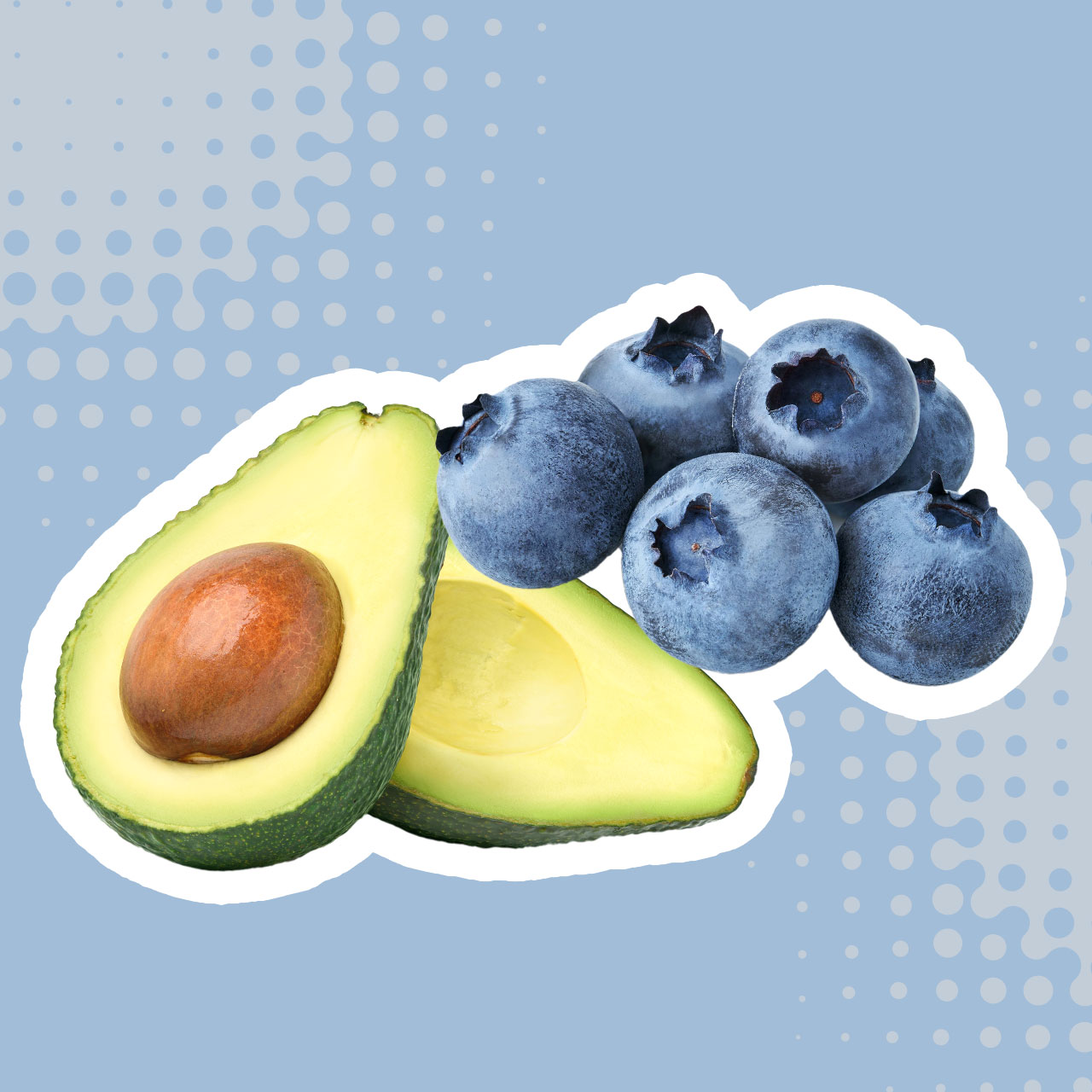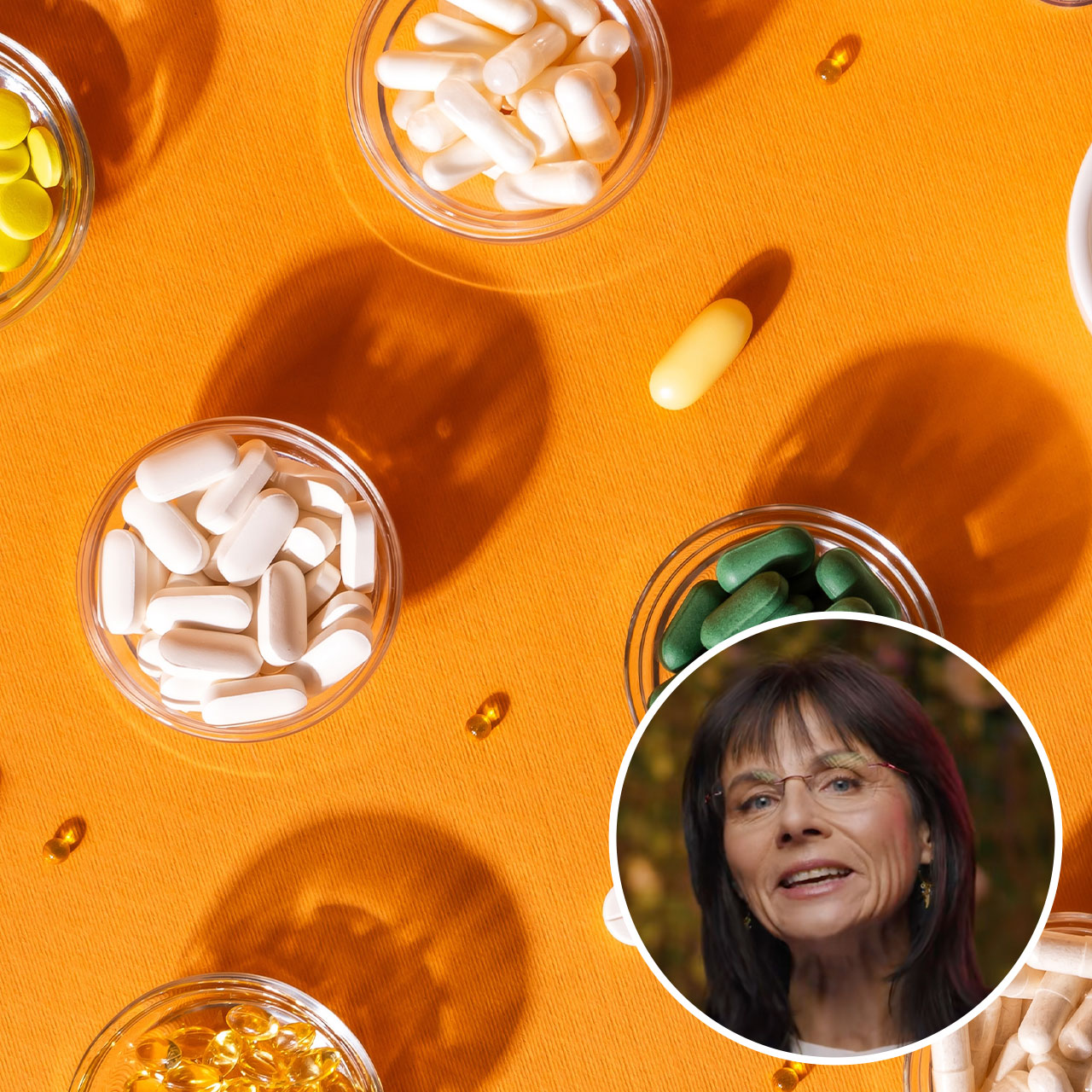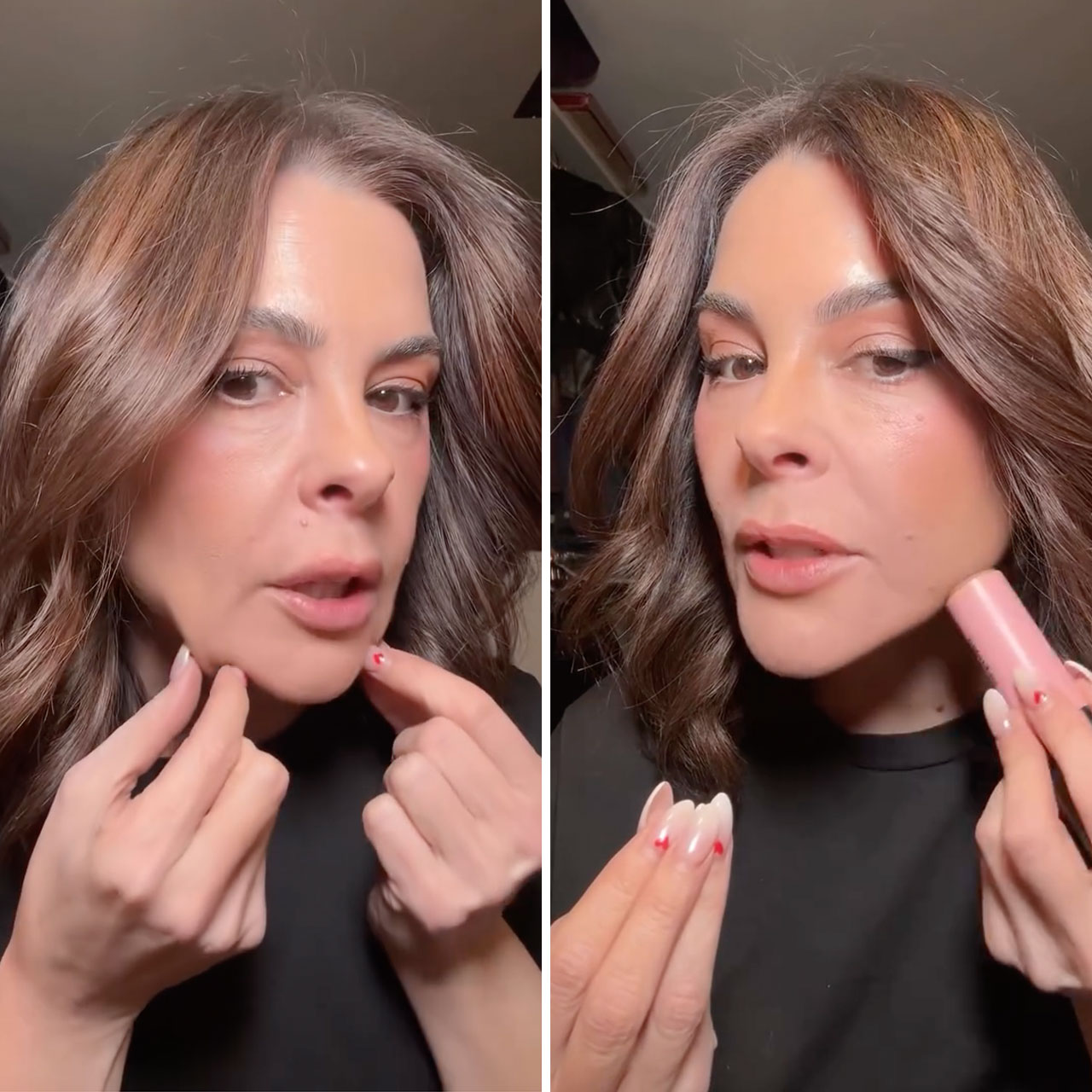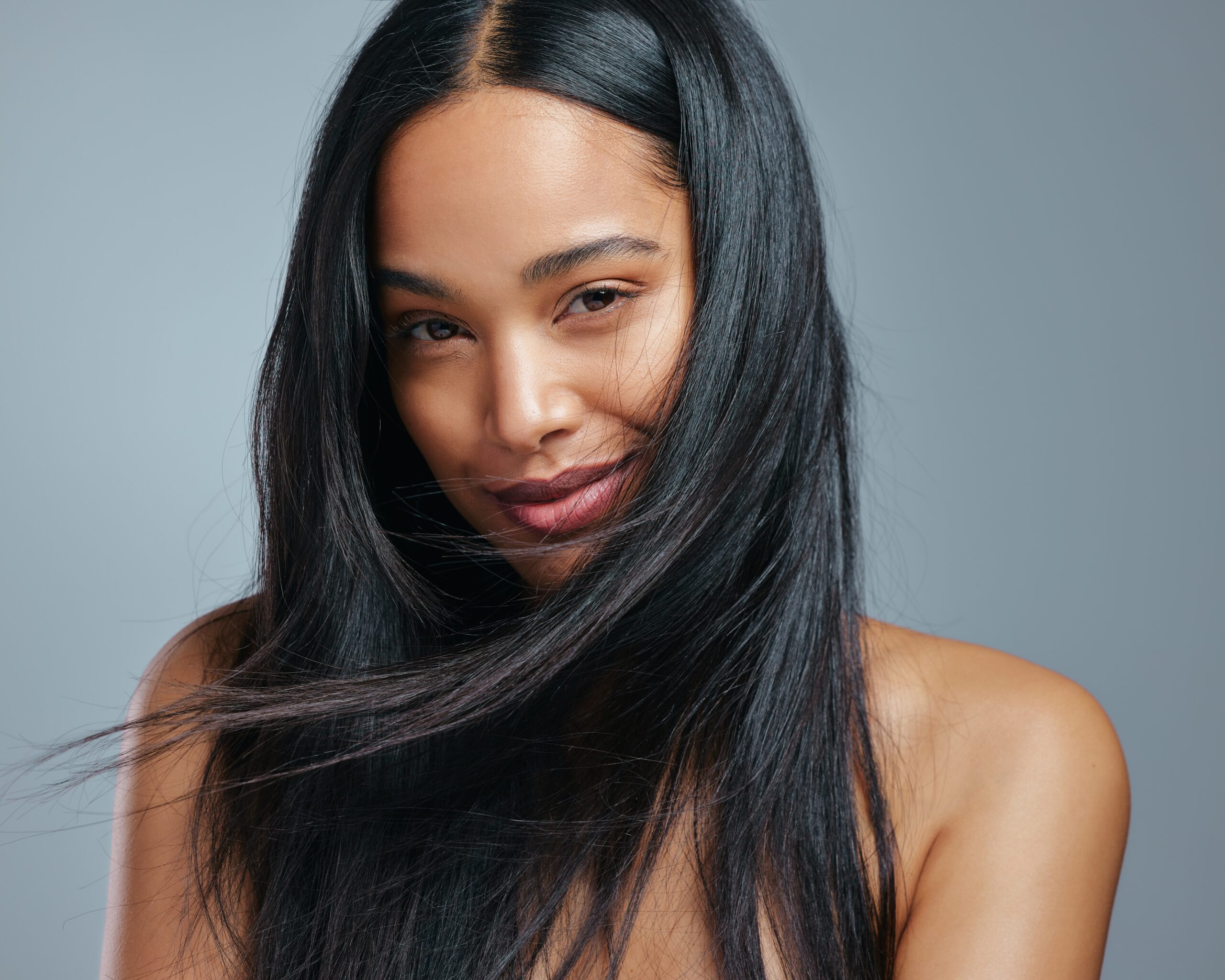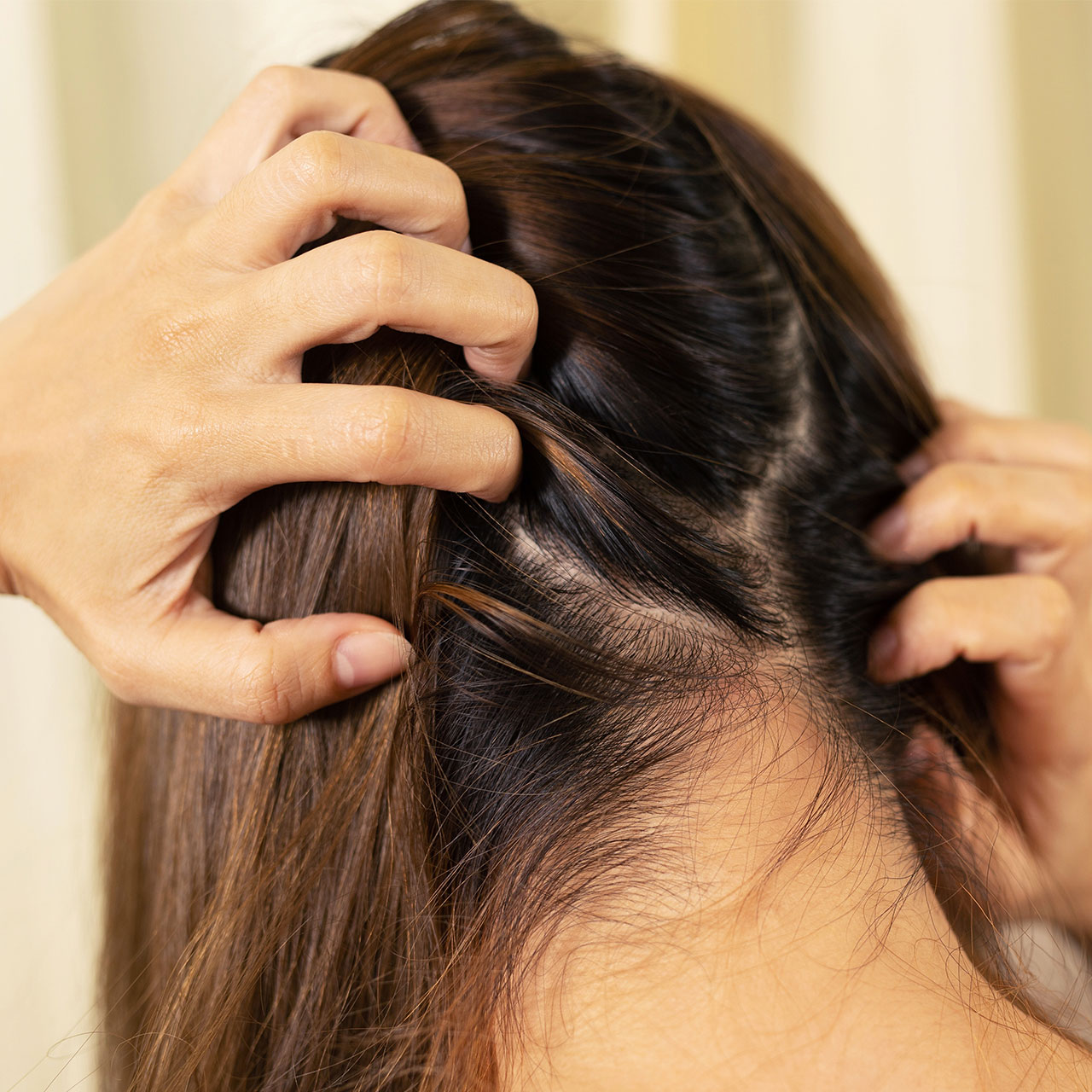Just when you thought you were all done with pimples, it appears out of nowhere: hormonal acne, aka the bane of your existence. Hormonal acne doesn’t follow the typical logic of pimples as we know it — you can keep your skin super clean and keep your fingers far away from your face and still, they pop up when you least expect it. Dealing with acne at any age is no picnic, but if you’re also combatting drier skin than you had in your teens (when you probably just slathered benzoyl peroxide over zits and called it a day) acne can be especially tricky to treat.
Tricky doesn’t mean impossible.
“When it comes to hormonal acne, it can be super frustrating,” said Dr. Mary Alice Mina, a double-board certified dermatologist and dermatologic surgeon and the host of THE SKIN REAL, a candid and fresh take on skin care and beauty, curated by dermatologists. “Typically this affects women in their 30s and up, at a time when we thought we were done with acne! Hormonal acne tends to affect the lower face and jawline area and can coincide with one’s menstrual cycle.”
It’s not your imagination — hormonal acne is appearing every month and now the challenge is finding out what to do — and which mistakes you should not be making — when it comes to hormonal acne.

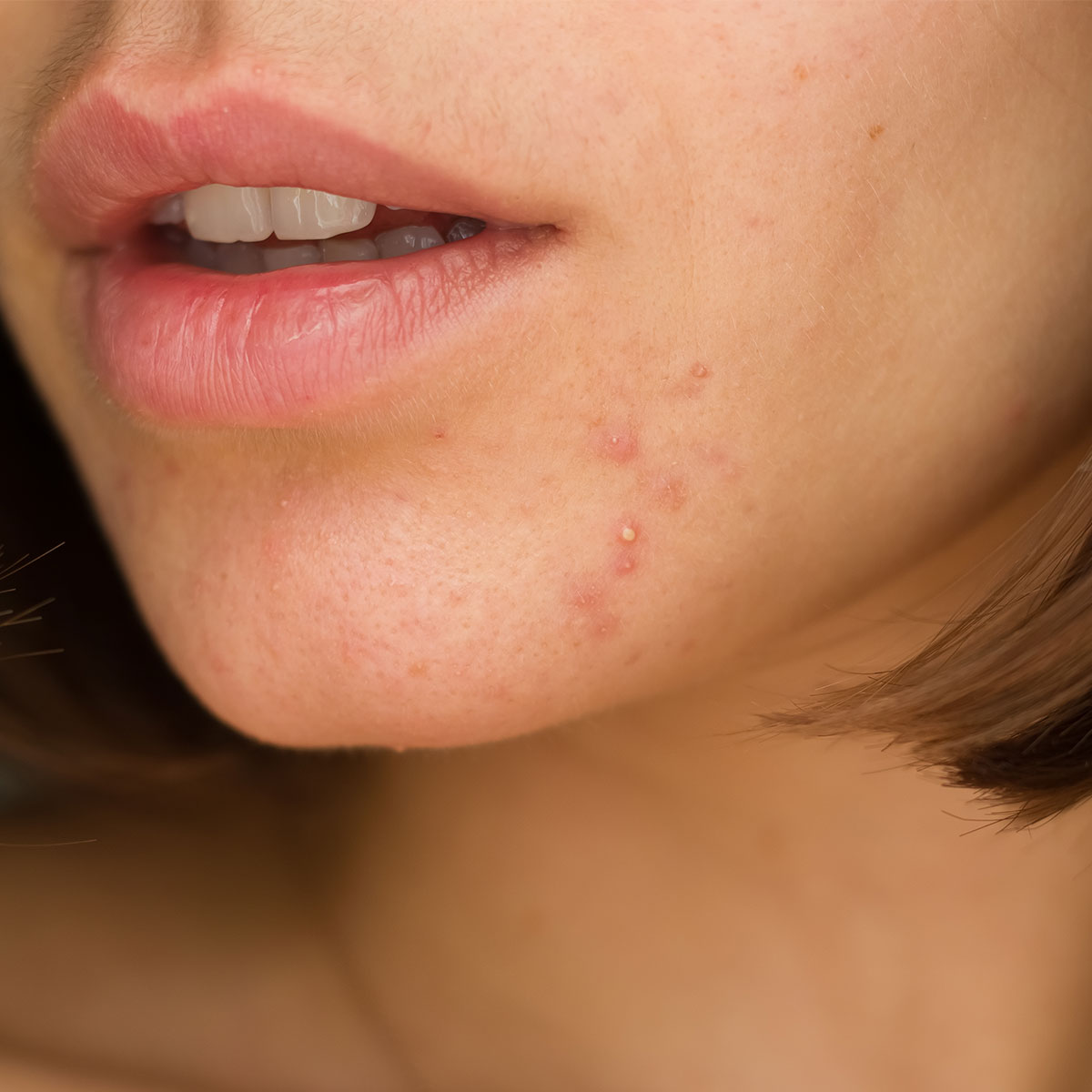
Don’t Scrub
It’s so tempting to assume your acne is being caused by an oil overload and to scrub your skin until all of that oil is off. But doing will only result in your skin becoming dry and irritated. “As with all types of acne, while the tendency is to want to scrub all the acne off as well as oil on the face, it's important to be gentle with your skin so as not to damage the skin barrier,” Dr. Mina said.
Elaine F. Kung, a board-certified dermatologist based out of New York City and the founder of Future Bright Dermatology, says some patients make the mistake of treating their acne as if they were oily skinned teenagers with facial scrubs, exfoliants, and harsh cleansers with high percentage benzoyl peroxide. “They also extract and squeeze their pimples, which causes more discoloration and scarring in an older person than younger people,” Dr. Kung said. “I often tell older patients that they can't rough up their skin or treat their skin in the same ways as they did when they were teenagers.”
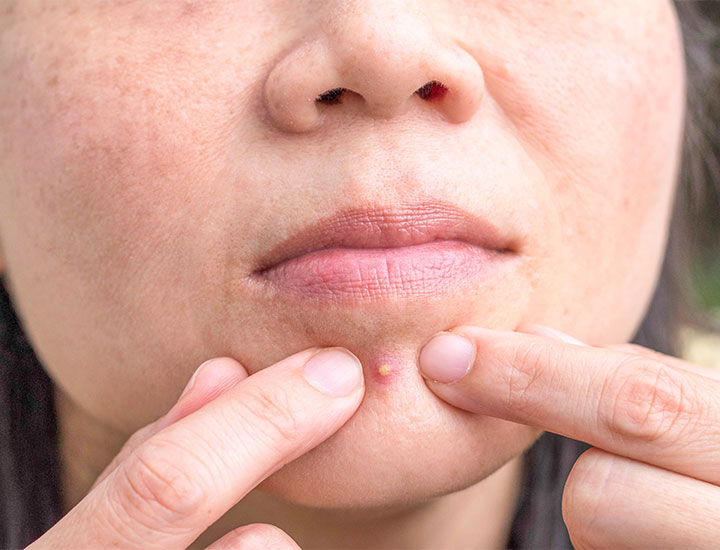
Avoid Too Many Products
It’s very trendy right now to fill up your skincare routines with as many products as you can. But overloading on products and ingredients can have a negative effect on your skin and hormonal acne. “Using too many products can irritate the skin and make acne worse,” Dr. Mina said. “A gentle cleanser for acne prone skin may be helpful. No toothpaste please, that's an old wives tale.”
Dr. Mina also recommends skipping another trend: skin slugging (covering your face with ointment like Vaseline or Aquaphor) as this will clog pores and make your acne worse, she says.
Dr. Kung says it’s a good idea to consider using anti-inflammatory cleansers containing niacinamide, licorice root, centella asiatica, and sulfur. “Instead of spot treatments with low percentage salicylic acid or benzoyl peroxide creams, consider using field treatment with medications like clindamycin gel or azelaic acid creams,” Dr. Kung said. “Instead of self-extraction, consider using acne patches that can help suck out the inflammatory juices from the pimple.” Addressing the source of your acne — hormonal shifts — can also be a wise move: “Consider anti-androgen medications like Winlevi cream or birth control pills or spironolactone.”
When in doubt, Dr. Mina recommends turning to experts who have seen many different cases of acne and can point you in the right direction. “My number one top pick is that if you are struggling with hormonal acne, be sure to see a board-certified dermatologist who can help you get on the right products and medications to help your acne,” Dr. Mina said. “It's always better to treat sooner than later to prevent scarring.”



